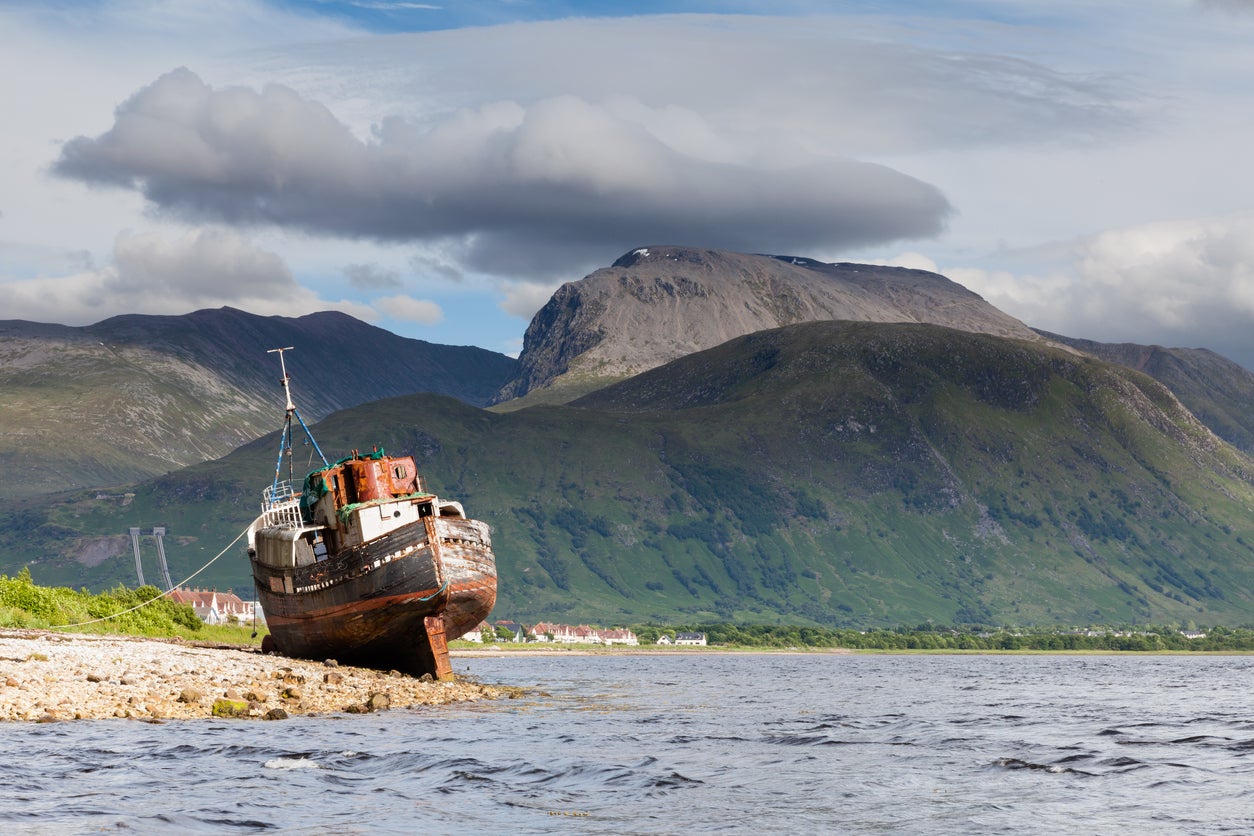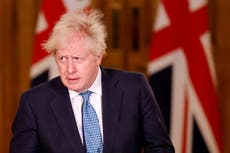More than ever before, the British must learn to celebrate migration – after all, it is a two-way street
After decades of freedom to move across a continent, Britons will soon find themselves in a position like many of the people seeking to reach our own shores


Your support helps us to tell the story
From reproductive rights to climate change to Big Tech, The Independent is on the ground when the story is developing. Whether it's investigating the financials of Elon Musk's pro-Trump PAC or producing our latest documentary, 'The A Word', which shines a light on the American women fighting for reproductive rights, we know how important it is to parse out the facts from the messaging.
At such a critical moment in US history, we need reporters on the ground. Your donation allows us to keep sending journalists to speak to both sides of the story.
The Independent is trusted by Americans across the entire political spectrum. And unlike many other quality news outlets, we choose not to lock Americans out of our reporting and analysis with paywalls. We believe quality journalism should be available to everyone, paid for by those who can afford it.
Your support makes all the difference.Before Christmas, I spent a day talking politics with broadly like-minded people. The Home Office’s “hostile environment” as a central horror of our politics, and the project of our far-right government were central to the conversation.
The need to welcome migrants and refugees came up, as did the undeniable principle that we should be aiming for a world in which no one is forced – by war, human rights abuse, environmental disaster or poverty – to leave their home.
But I found myself in a familiar position of being the only person speaking up for celebrating migration and an acknowledgement of the wonderful freedom in not much fancying where you are now and wanting to try something different; of the excitement of learning how others live, how other societies are arranged and other environments feel; of learning new languages from the ground up and of moving your home across borders and continents.
I have to declare, as I might in the House of Lords, my own position here. I’ve lived on three continents. I grew up in a place I didn’t much like, and was lucky enough to have the privilege and resources to be able to easily move away. We advertise and lionise leisure travel, and short or longer-term “backpacking”, but the experience of moving home by choice, or welcoming those who’ve done so, is little discussed.
Yet 2021 might well be a year to change that debate as we face a world in which Britons’ opportunities as migrants are going to be significantly more restricted with the end of the Brexit transition period. The shock of the sudden border closure due to the Covid-19 variant has driven this home even more, but the sluice of icy water was coming anyway.
In the 2016 Brexit referendum debate, the Green Party argued that freedom of movement was a two-way street and that we all benefited from it, but it got little traction. Yet it was notable that in 2020, as parliament debated the Immigration Bill that removed it, there was more attention and focus. It was starting to strike more people just what we were losing.
After decades of freedom to move across a continent, we’re mostly going to find that much harder, needing a firm job offer or a steady income, an established life, to have the opportunity to change our circumstances. For this is very much an equality issue. The rich will always be welcomed with open arms; they have the capacity to grease their way with cash, but it is the young, the poor, those who have most cause to seek to start again, to find fresh fields, who’ll find it most difficult.
Britons are great emigrants, almost one in 10 of us living abroad. The British empire forced the world to allow Britons to roam across the pink-shaded spread of the world map, just as European Union membership gave us the potential to move across our continent.
The historical perspective presented by the Museum of Migration in Paris – where great streams of Europeans spreading across the globe in the 19th and first half of the 20th century are shown as broad arrows across world maps – is a fact often forgotten when we talk about modern patterns of migration.
Then, as now, there was a huge push factor – of poverty, human rights abuse and lack of opportunity in Europe – as well as sometimes accurate promises of sunshine, space and opportunity.
But if we take the truly longue duree view of history, look at what we’re learning every year from paleoanthropology, about the human species and our own ancestors. We know now that they spread and mixed across the globe through hundreds of thousands of years. Movement, as Bruce Chatwin asserted, is a basic part of the human condition.
Yet 2021 dawns as the year when Britons have the most limited opportunities to move that they’ve had for centuries. They’re now in a position like many of the people seeking, through choice or lack of choice, to reach our own shores. It’s time to renew the call that young Peruvians, Bangladeshis, and Britons – everyone – should have freedom and opportunity to move, to explore, to settle.
Exactly what that looks like needs to be debated and negotiated, but setting it as a goal for the world is newly pressing as our own opportunities are restricted.
Baroness Bennett is a former leader of the Green Party and a member of the House of Lords



Join our commenting forum
Join thought-provoking conversations, follow other Independent readers and see their replies
0Comments